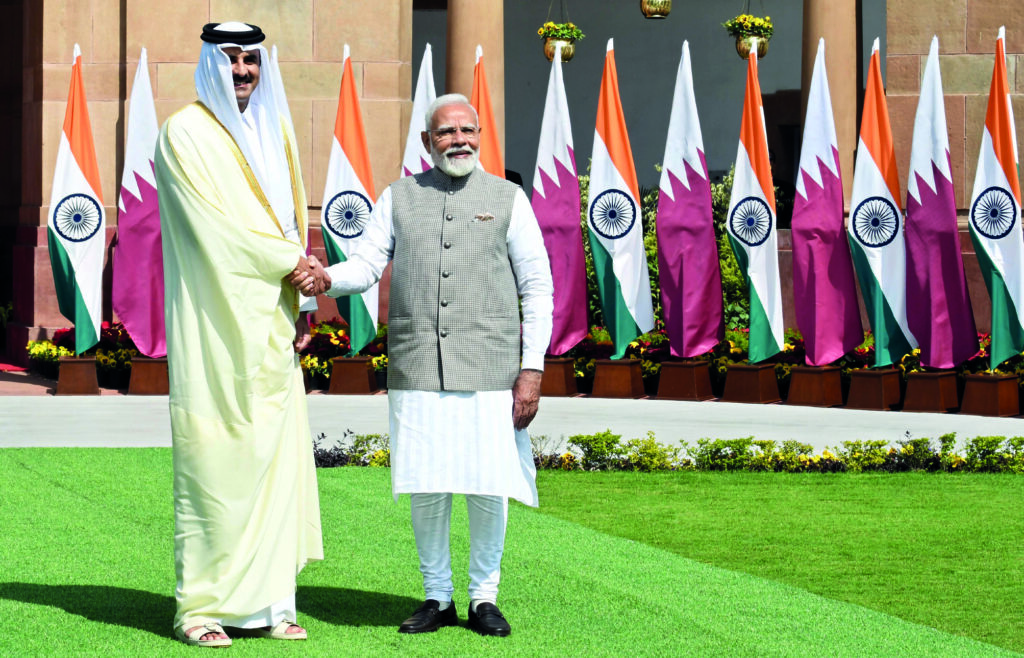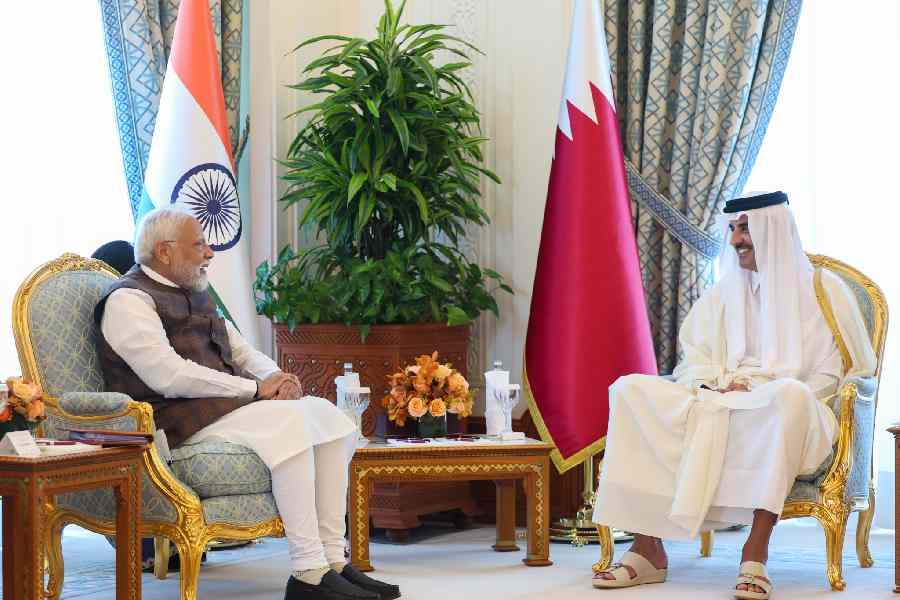Ednaldo Rodrigues, president of the Brazilian Football Confederation (CBF), is facing growing criticism after reports revealed that he approved a staggering 330% salary increase for the presidents of Brazil’s 27 state football federations. The move comes just weeks after Rodrigues secured his re-election as CBF president, ensuring his position until 2030.
This significant pay raise has stirred controversy within Brazil’s football community and beyond. Many are questioning the motives behind the decision and whether it is part of a larger strategy to strengthen Rodrigues’ grip on power within the federation. Combined with the revelation that Rodrigues also authorized expensive VIP trips to the 2022 FIFA World Cup in Qatar for dozens of non-CBF individuals, the news has raised concerns about how the country’s top football authority is handling its finances.
From R$50,000 to R$215,000: A Raise Like No Other
Previously, the monthly allowance for the presidents of state federations stood at around R$50,000, which is equivalent to roughly US$8,500. With the new increase, each now earns R$215,000 per month—over US$36,000. This 330% jump in earnings places their compensation far above what most public officials or even top-level coaches in Brazil make.
Critics argue that the increase has little to do with football development and much more to do with rewarding political loyalty. These federation presidents are the same individuals who vote in the CBF presidential elections. With a fresh six-year term ahead, Rodrigues appears to have ensured the support of key allies through generous financial rewards.

While salary increases are not unusual in football governance, the scale of this particular hike is exceptional. Many observers are pointing out that grassroots programs, infrastructure development, and youth training initiatives across Brazil are still struggling with underfunding.
World Cup Perks: VIP Treatment on CBF’s Bill
The controversy deepened when further investigations showed that during the 2022 FIFA World Cup in Qatar, the CBF had funded luxurious trips for 49 individuals—many of whom had no official role in football or with the organization. These guests included politicians, artists, and relatives of high-ranking officials.
The CBF reportedly paid for first-class flights, five-star hotel stays, and VIP match tickets for these individuals. The total cost of these trips is believed to exceed R$3 million, or over half a million US dollars.
One of the most expensive trips funded by the CBF was that of a federal deputy and his wife, which cost more than R$360,000. A senator and his partner also enjoyed a similarly priced package, while Rodrigues’ own wife reportedly traveled at the expense of the federation, costing R$37,000.
According to insiders, these trips were not isolated cases but part of a coordinated effort to build goodwill with influential figures. The concern, however, is that this goodwill came at the expense of the organization’s responsibility to support Brazilian football at all levels.
Historical Echoes and Public Backlash
This is not the first time that CBF leaders have come under fire for lavish spending. Past presidents of the organization, including the controversial Ricardo Teixeira, were known to offer all-expenses-paid World Cup trips to judges, politicians, and allies.
However, the scale and timing of Rodrigues’ actions are drawing particular scrutiny. At a time when Brazilian football is undergoing reforms and trying to rebuild public trust following years of corruption scandals, these reports threaten to undo progress.
Rodrigues has attempted to defend the CBF’s decisions, claiming that “it is common practice for sports organizations to invite public figures to major events.” He has said that these invitations help promote Brazilian football and create connections with decision-makers who can support the sport.
Nonetheless, many fans and former players see it differently. For them, this level of spending is wasteful and out of touch with the real needs of Brazilian football, especially at the grassroots level, where resources are limited and opportunities for young athletes are shrinking.
A Widening Gap Between Leadership and the People
Brazil is a country where football is more than just a sport—it is a national passion and a pathway out of poverty for many young people. The lavish spending by CBF leadership contrasts sharply with the reality on the ground. Small clubs are struggling to maintain their facilities, youth programs are being cut, and talented players often lack proper nutrition and training support.
For those who work in these conditions, the image of powerful football executives traveling in luxury, giving themselves massive pay raises, and funding political allies’ trips to Qatar feels like a betrayal of the sport’s values.
Supporters of Rodrigues argue that he has helped stabilize the CBF and restore order after years of leadership turmoil. His re-election in 2025, with no opponents, shows that he enjoys strong backing among the federation presidents. But critics say that this backing is now clearly tied to financial incentives rather than genuine belief in his leadership.
Will Accountability Follow?
With Rodrigues beginning his new term, calls for increased transparency and accountability are growing louder. The Brazilian public, along with international observers, will be watching to see whether these revelations lead to deeper reforms or are simply brushed aside.
Some members of Brazil’s Congress have already suggested that a formal investigation into the CBF’s spending is necessary. They argue that as a non-profit organization that plays a major role in national culture and sports, the CBF should not operate without oversight.
Others are pushing for a complete overhaul of how sports governance is handled in Brazil, suggesting that financial and ethical checks must be put in place to prevent further misuse of funds.
The Future of Brazilian Football at a Crossroads
Brazilian football has always been known for its talent, flair, and passion. But behind the scenes, its management has long been marred by controversies and questionable decisions. The current episode involving Rodrigues, the state federation presidents, and the World Cup junkets is the latest in a long line of stories that highlight a troubling disconnect between leadership and the footballing public.
If the sport is to thrive again—not just on the world stage, but at home where it truly matters—leaders must be held to higher standards. Financial resources must be directed toward development, inclusion, and transparency. And the love for the beautiful game must take priority over politics and perks.
As Rodrigues settles into his extended term as CBF president, the future of Brazilian football may well depend on whether he chooses to change course—or continue investing in loyalty at the cost of legacy.


